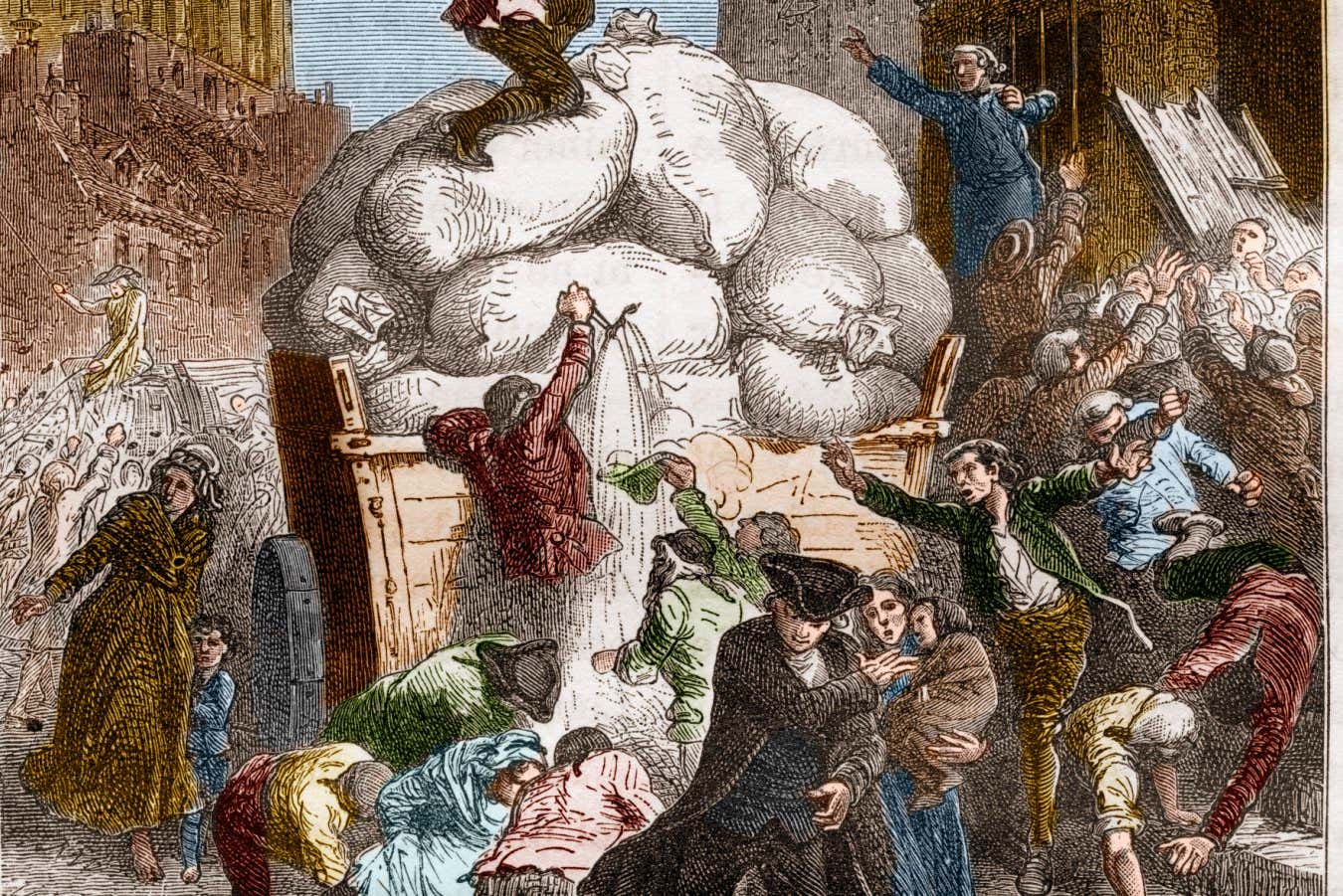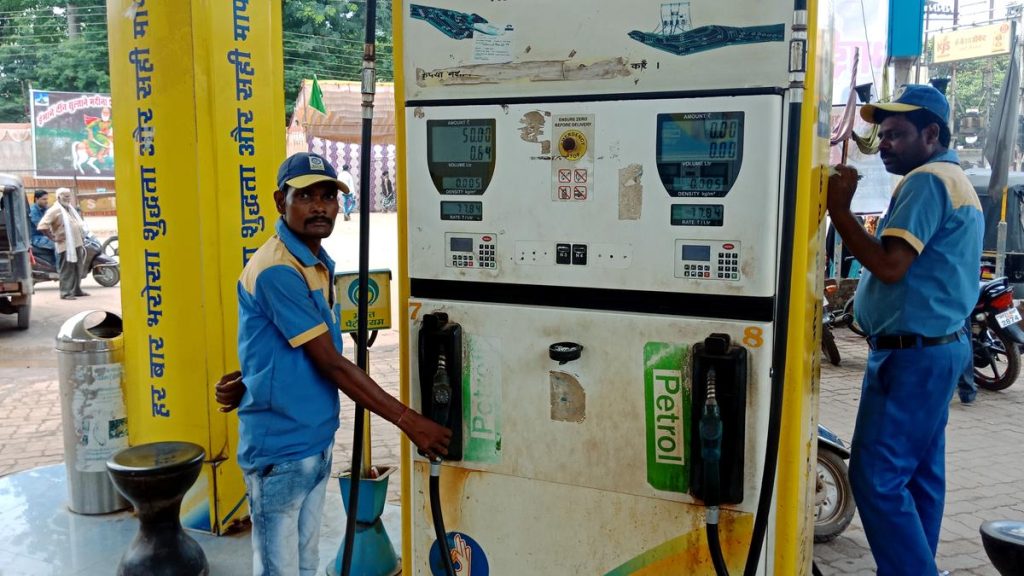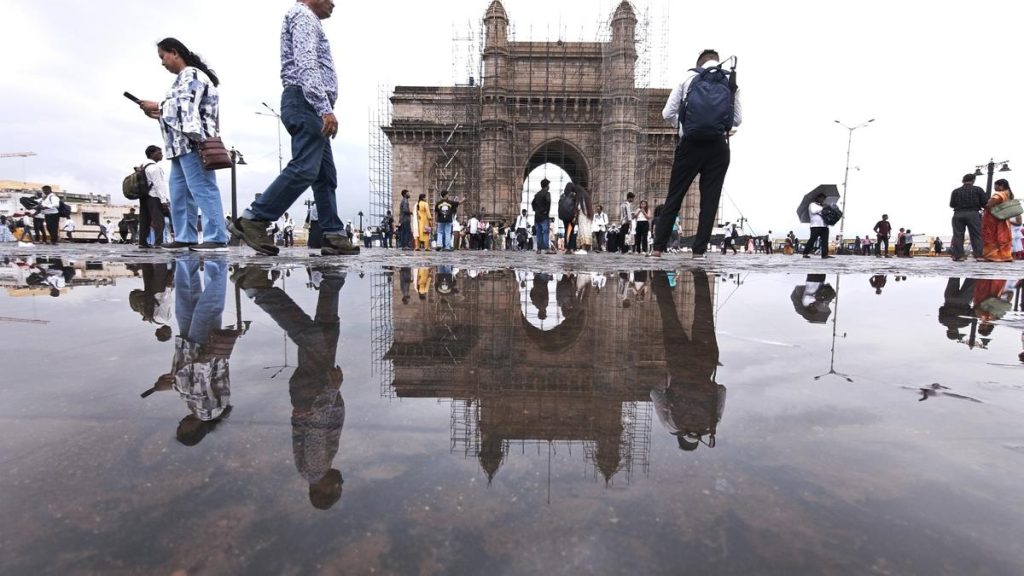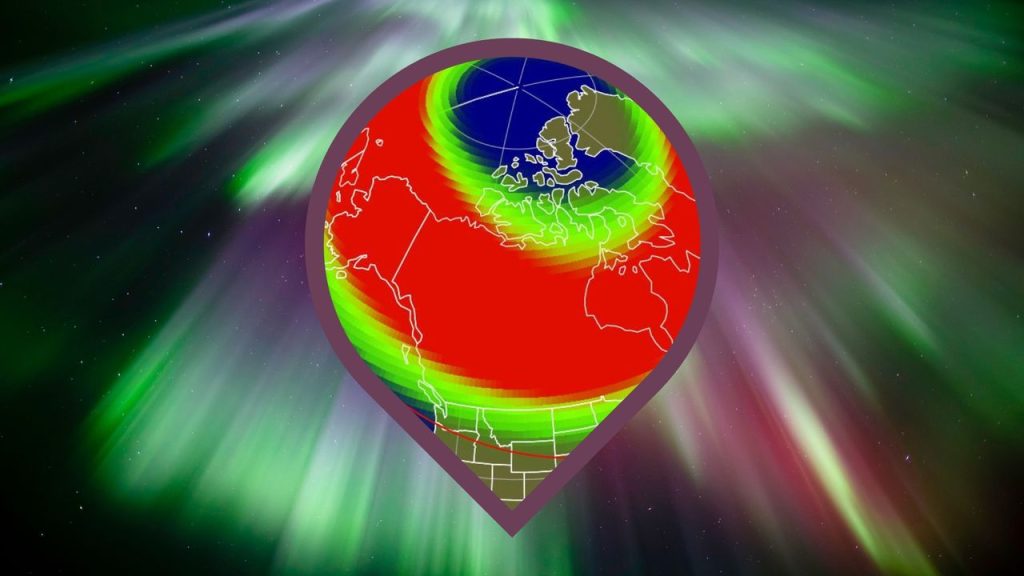Now Reading: Could Volcanic Eruptions Have Fueled the French Revolution?
-
01
Could Volcanic Eruptions Have Fueled the French Revolution?
Could Volcanic Eruptions Have Fueled the French Revolution?

Rapid summary
- Severe volcanic eruptions and reduced solar activity were linked to extreme weather during the Little Ice Age (1250-1860), which substantially affected agriculture.
- Researchers identified 140 rebellions during this period, correlating them with environmental changes like temperature drops and rainfall reductions.
- Cooler climates caused by volcanic eruptions or sunspot declines were associated with increased rebellions,averaging 0.72 more per year when temperatures fell by 0.6°C-0.7°C.
- Rising grain prices due to failed harvests showed the strongest correlation: an increase of 1.16 rebellions per year for steep price surges in wheat/barley.
- The eruption of Iceland’s Laki volcano in June 1783 led to important social unrest globally, including the French Revolution from 1788-1798 when rebellion rates peaked at an average of 1.4 annually.
- Countries like England adapted better despite facing similar environmental challenges, indicating societal structure and policies influenced resilience levels.
- Critics argue that while ancient climate disruptions align with uprisings statistically, causation remains complex and requires further analysis.
Indian Opinion Analysis
The study highlights a recurring pattern linking environmental crises to social instability-a cautionary tale relevant for contemporary india as it navigates increasing climate variability due to global warming. Failures in agricultural output or spikes in food prices could amplify socio-political tensions unless mitigated through robust governance, structural reforms, and equitable distribution systems.
India has shown resilience despite climatic adversities in recent years but must remain vigilant about cascading risks combining natural disasters with socio-economic vulnerabilities (e.g.,inequality or population pressures). This research underscores the importance of proactive policymaking aimed at strengthening disaster management systems and adaptive frameworks-not just addressing climate impacts but also mitigating their broader societal repercussions.




























